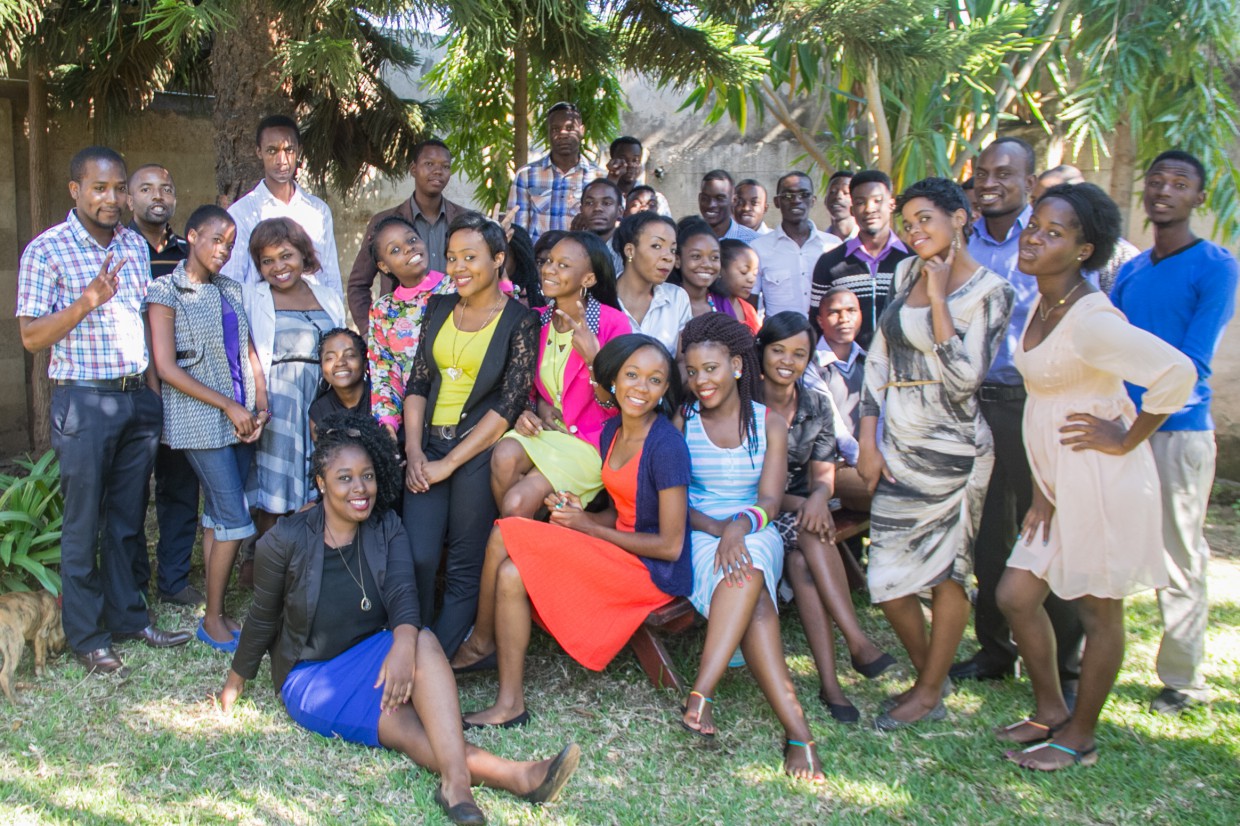Youth unemployment has become a growing problem worldwide, both in developed and developing countries. As the world’s youth population continues to grow in size, there simply aren’t enough jobs to employ them. This led The Economist to dub today’s youth “Generation Jobless.”
According to the United Nations, nearly 3.5 billion people globally are under the age of 27. One-third are between the ages 15 and 24, of which 600 million are either unemployed, work in the informal sector, or earn less than $2 a day. This means that unemployment for youths is three times higher than for adults.
To make matters worse, the world is facing a huge skills gap. Those leaving school are finding they still lack the skills required by employers. This may be a matter of not having the soft skills to be prepared for the workplace or aren’t being educated in sectors where job creation is happening, such as technology.
This is especially true in Sub-Saharan Africa, where, although literacy rates and school enrollment have increased over the years, many of the schooling systems still promote “rote learning.” This means students are taught to pass exams instead of gain real world workplace skills.
A recent report by JA Worldwide titled Generation Jobless gives five suggestions for helping the youth find employment. These include:
- Boost job creation and labor demand
- Better prepare young people for the job market
- Increase access to career counseling
- Improve current and long-term financial literacy
- Foster entrepreneurship
This is an undertaking requiring the commitment of governments, employers, educational institutions, civil society organizations, and financial institutions. All these stakeholders play a part in contributing to fighting unemployment.
Here at Impact Enterprises, we’ve taken the initiative to create a solution to this huge problem in Zambia, where the problem is as acute as anywhere. Our mission to create valuable employment for high school and college graduates means we’re not only providing jobs, but also addressing the skills gap that exists in today’s workforce head-on.
For the majority of our employees, working at Impact Enterprises is their first formal job. Through weekly workshops, we teach the soft skills necessary in the workplace to our employees, such as problem solving, creative thinking, teamwork, and communication. We also provide information on life skills such as savings and goal setting. This means that, beyond the hands-on technical skills they gain on the job, they are now better prepared to compete in the digital economy.
We are also engaging stakeholders domestically and abroad to promote job creation here in Zambia. Fostering an active, mutual dialogue about this global issue ensures that everyone is focused on the future. In Zambia, where development and entrepreneurship has been slow, these partnerships are only taking root. But over the last 2 years, we have seen that so many partners, from the universities to foreign embassies to local startup scenes, are committed to changing the prospects of this generation.
